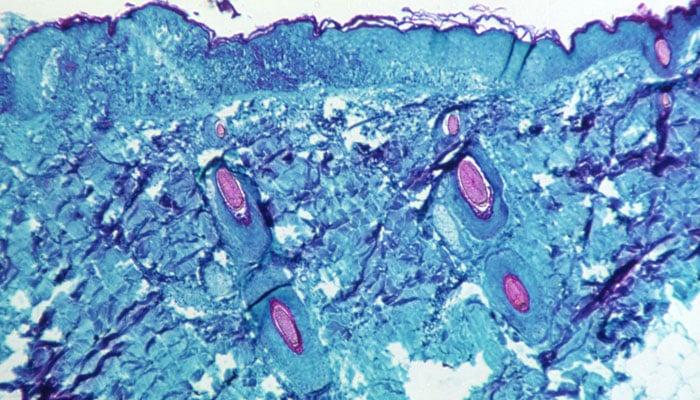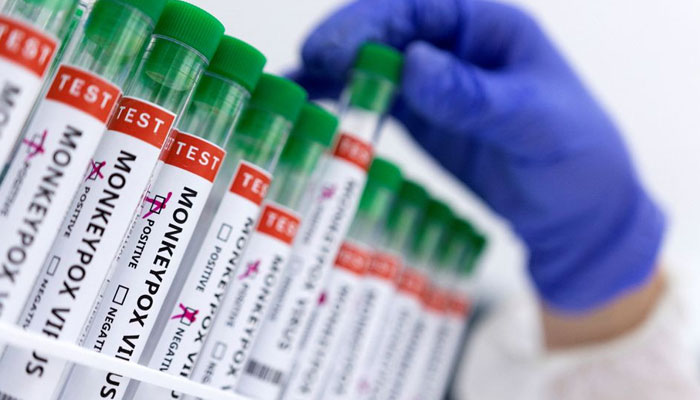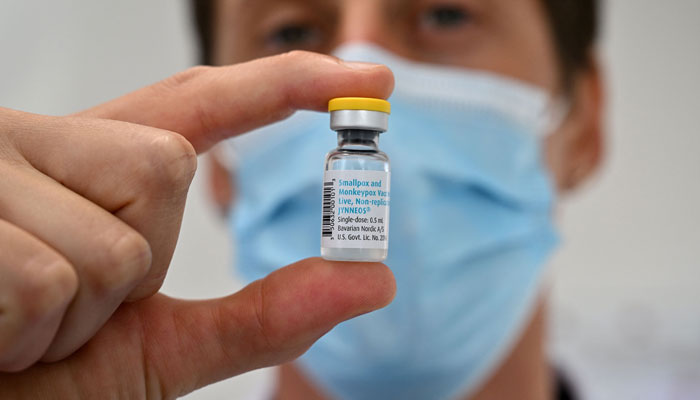

In the latest mpox — formerly monkeypox — alert, the Centers for Disease Control and Prevention warned doctors nationwide that the disease could witness a surge amid summer gatherings, ABC News reported.
Mpox had decreased since peaking in the summer of 2022. World Health Organization (WHO) also ended the emergency phase of the outbreak Thursday, yet the virus is not taking a break.
John Brownstein, PhD, chief innovation officer at Boston Children’s Hospital, said: “While the transmission of monkeypox has reached its lowest levels since its emergence last year, the upcoming summer months, characterised by larger gatherings, present an increased risk of local outbreaks.”
“The most important message is that mpox has not gone away,” Dr Richard Silvera Associate Program Director of the Infectious Disease Fellowship and assistant professor of medicine at the Icahn School of Medicine at Mount Sinai, told ABC News.
It is not a deadly disease however, its symptoms appear as painful rash and some suffer from flu-like symptoms.
The warning came as Chicago health officials reported 12 confirmed mpox cases.

A spokesperson for the Chicago Department of Public Health (CDPH) told ABC News that “they are in close contact with the people who tested positive and are working with other health departments and the CDC in an ongoing investigation.”
Amid the reported cases, health officials of Chicago, San Francisco and New York state are pacing up their mpox vaccination efforts as the months of summer approach.
“We have been working with community partners to spread awareness of this resurgence and opportunities for vaccination, ahead of [International Leather], Pride, associated and other events,” the spokesperson of CDPH said.
The people who were identified with the mpox were fully vaccinated though none of the Chicago patients has been admitted to the hospital.
Experts have also said that vaccination can reduce but not eradicate the risk of mpox. However, people are urged to get jabs because they expect fewer symptoms.

CPHD recommends people avoid close contact with someone suffering from mpox.
“It’s important to remember that vaccines—while incredibly helpful — are not our only way to reduce the risk of contracting mpox,” Silvera said.
Other risk reduction strategies include “things like avoiding social and sexual contact if you have new skin lesions and asking your intimate contacts if they are experiencing symptoms or new skin changes,” Silvera added.
According to CDC, only one-quarter of eligible people are vaccinated in the US and urged people to get vaccinated who are at high-risk.
The CDC has recommended that people should get vaccinated if they came into physical contact with a patient of mpox.
“Vaccination stands as the most effective means of safeguarding oneself against monkeypox. However, only a small fraction of those eligible have received the vaccine thus far. Increasing vaccination coverage is likely to contribute to reducing monkeypox transmission,” Brownstein said.